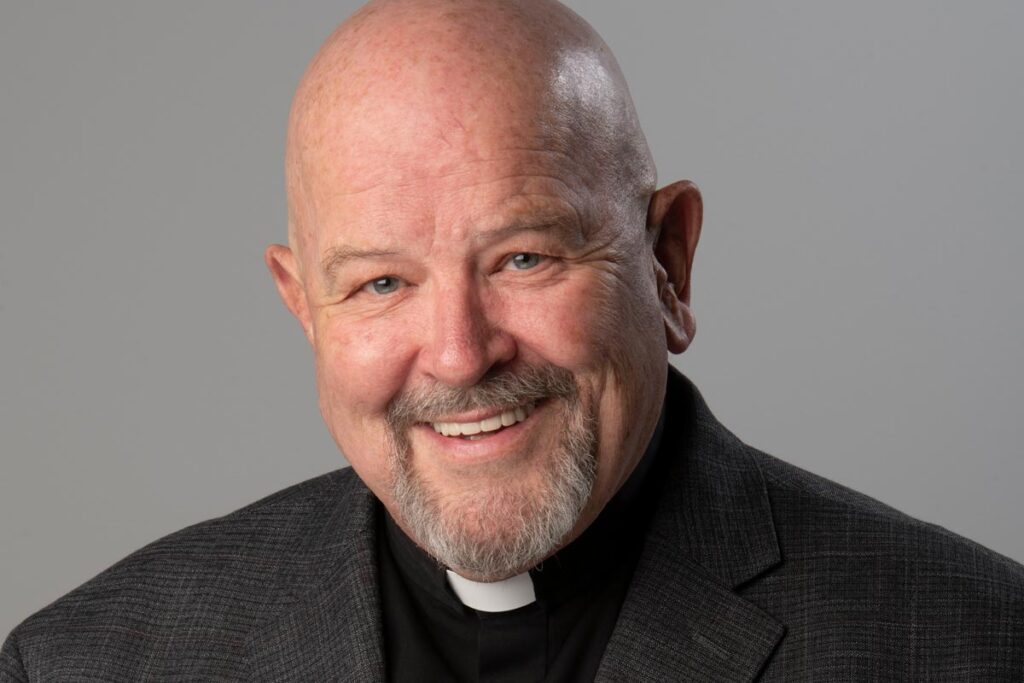
Dennis J. Debrie
he/him
TEEM
What is your favorite memory of your time at LSTC?
What sticks in my memory is Dr. Kim Beckman’s book title, “Preparing A Road”. This title describes my journey at LSTC in the TEEM program, which is like traveling on a “frontage road” that parallels an expressway. A frontage road has access, but you’re not in the main flow of seminary traffic. It’s an “outer road”, a “service road”, as I’m already serving as a synodically authorized minister in a local congregation. The relationships I make are generally the most memorable. I enjoyed the conversations with the curious young seminarians, anxious to spread their wings.
What was the most meaningful class you took?
Public Church with Dr Marvin Wickware. The challenges we face in our communities aligned with the practical application we were addressing in our local congregation. Great timing. Equally important was the Worship class of Dr. Christian Scharen. Diving deeper into relationships with our Lord, our community, and each other, we discover ways to connect using dinner church and different venues for worship, shedding traditional ways to worship. Very important in reaching people where they are.
How did you feel supported during your seminary journey? Were you the recipient of any major scholarships? What communities or people uplifted you during your studies?
I think my explanation of the “frontage road” describes the frustration and challenges of not being in the mainstream ideology of seminary. I was supported by Bishop Curry’s staff, a few professors who understood the unique nature of my experience, various mentors, my congregation, and as a spiritual director, my group of directors that I interact with, helped me stay grounded and affirmed in my calling. The opportunity to lead and learn in real time with my congregation has been a unique source of support, offering immediate feedback and growth opportunities.
What are your post-graduation plans?
I will continue to serve my congregation, which has been a central part of my formation throughout the TEEM program. I hope to further develop my leadership within the church, focusing on strengthening community engagement and fostering spiritual growth. While I feel my current role has already prepared me for ongoing ministry, I’m also open to further opportunities for continued growth and education as I expand my leadership and pastoral care skills.
How did LSTC shape you as a future leader of the public church?
The TEEM program has been a bridge that is both unique and transformative. Serving as a pastor while studying has given me the rare opportunity to immediately apply theological insights and leadership lessons in a real-world setting. This has required me to be adaptable, resilient, and deeply reflective on how I lead. My experience has strengthened my commitment to lead with empathy, integrity, and a deep sense of calling. I’m now more confident in navigating the complexities of church life, from providing spiritual care, to fostering an inclusive community, and I am committed to continuing to grow as a servant leader. We will continue to be challenged in navigating tradition alongside the evolving cultural landscape in ministry. Balancing these tensions can be tough, but it has shaped me into a thoughtful and adaptive leader.

